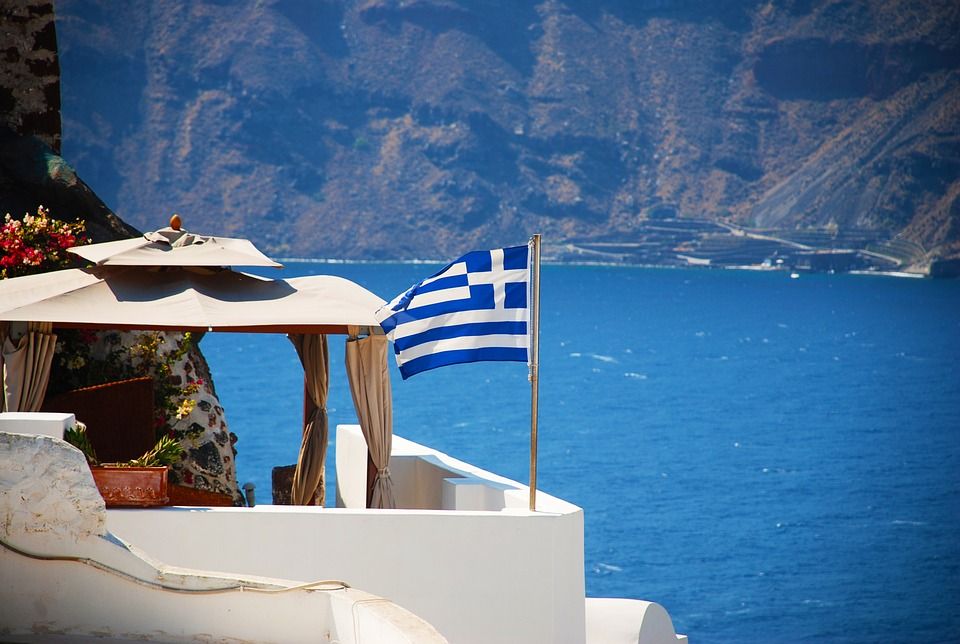A tiny Greek island to become the first energy independent island in the Mediterranean
Tilos, a small island in the Dodecanese complex in the Aegean Sea, is on set to become the first energy independent island in the Mediterranean by solely relying in renewables.

Tilos, a small island in the Dodecanese complex in the Aegean Sea, is on set to become the first energy independent island in the Mediterranean by solely relying in renewables.
The initiative under the name TILOS comes by a collaboration of the University of Anglia (UEA) and the University of Applied Sciences in Piraeus, engaging 15 participating enterprises and institutes from seven European countries.
The project’s main goal is to demonstrate the potential of off-grid hybrid mini grids comprised of solar and wind power.
TILOS was launched in February 2015 receiving funding from the European Union's Horizon 2020 Research and Innovation Programme and is planned to last four years, with its total budget reaching €15m.
So far, TILOS has received €11m from Horizon 2020, €3m from the industry and €1m from private investment.
Konstantinos Chalvatzis, Senior Lecturer in Business and Climate Change at UEA’s Norwich Business School said: “The island’s population is only around 200 in the winter but rises to more than 1,500 in the summer when the tourists arrive”.
He added: “Energy supply is a major issue, with frequent black-outs and power surges. But while its remote location makes traditional ways of providing power so challenging, it also makes Tilos ideal for our pioneering work”.
The project executives underlie the importance of the project in the context of the non-interconnected islands’ electricity regime, which mostly constitutes of expensive and often unreliable oil-fired isolated diesel generators.
Dr. Chalvatzis said: “Most Greek and other Mediterranean islands also depend on unreliable, oil-based electricity, so our goal is to roll the model out to them, as well as to small islands across Europe and beyond”.
The proposed energy solution will comprise 700kW of wind power, 500kW of solar power combined with high‐ temperature NaNiCl battery storage, residential hot water storage and demand-side management (DSM), all coordinated under a sophisticated energy management system.
Dr Chalvatzis commented: “The uniqueness is not in the way we generate the electricity but in the way we’ve developed the technology to make it cost-effective, reliable and completely green” adding: “For example, normal batteries will last around five years and are filled with non-recyclable chemicals, but ours have a much lengthier lifespan and are completely recyclable”.
Two years into its four-year schedule, TILOS has already received two EU Sustainable Energy Awards, namely the Energy Island Award and the Citizen’s Award- the latter underlying the importance of the public acceptance of renewable energy projects.
Dr Chalvatzis stated: “Tilos is ahead of its time - the islanders welcome new ideas and were open to our initiative”.
“As a result, we now have a blueprint for generating sustainable energy in a profitable and scalable way, so the benefits can be felt across the world, whether that’s other islands, faraway communities or even by providing clean and efficient energy for refugee camps or remote hospitals. This technology could truly change people’s lives”.






